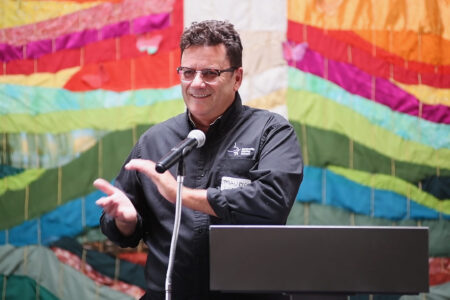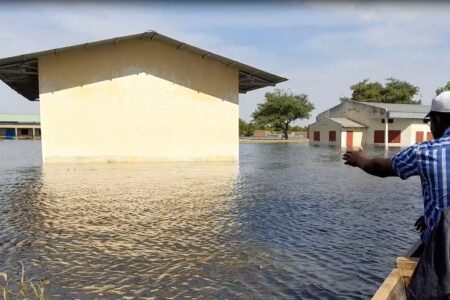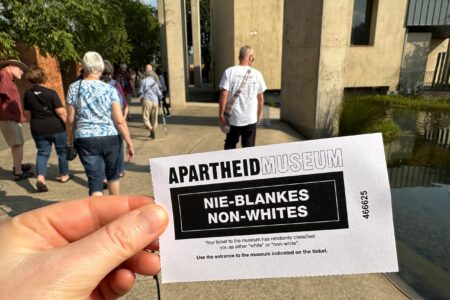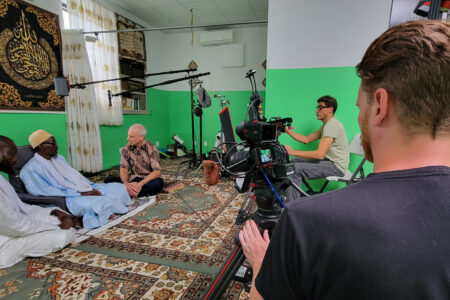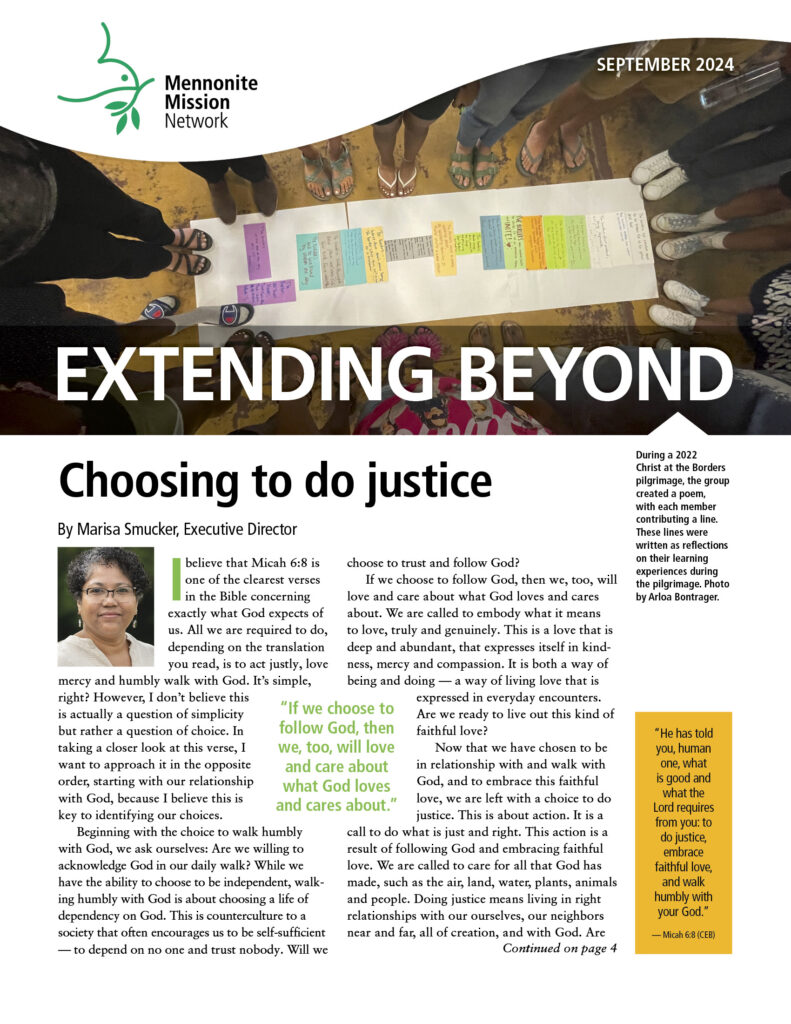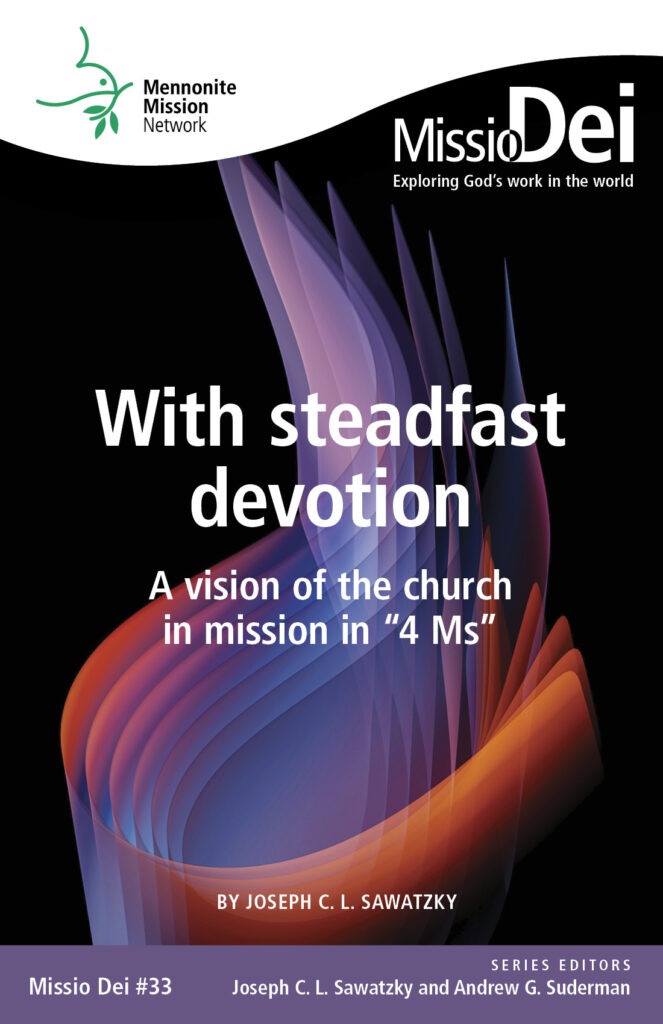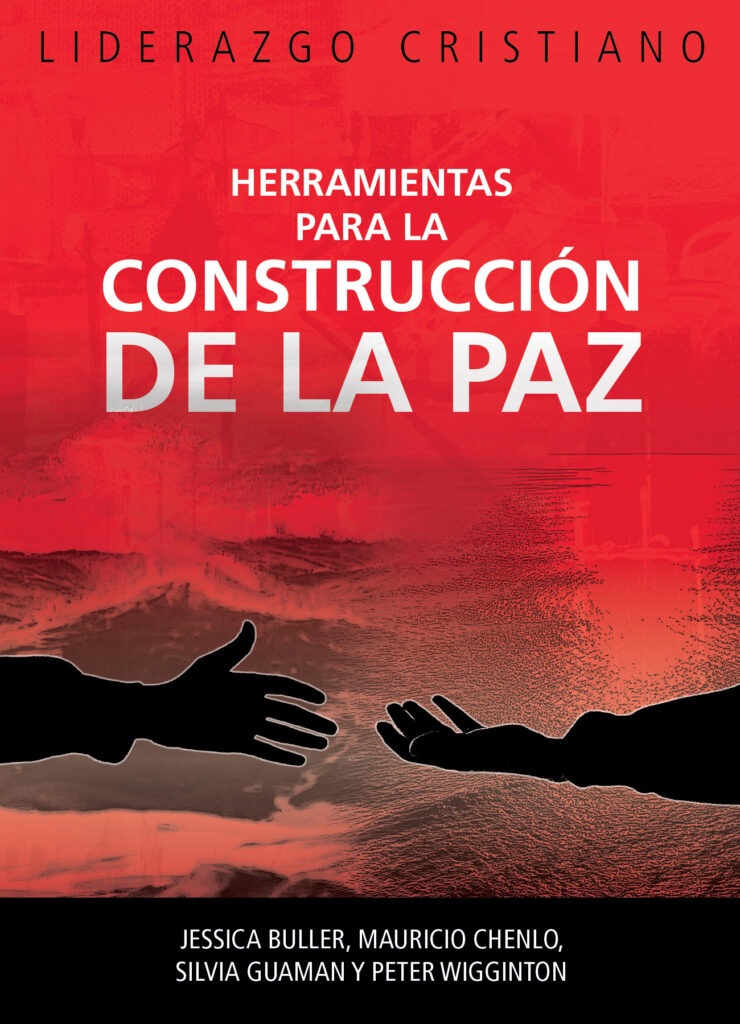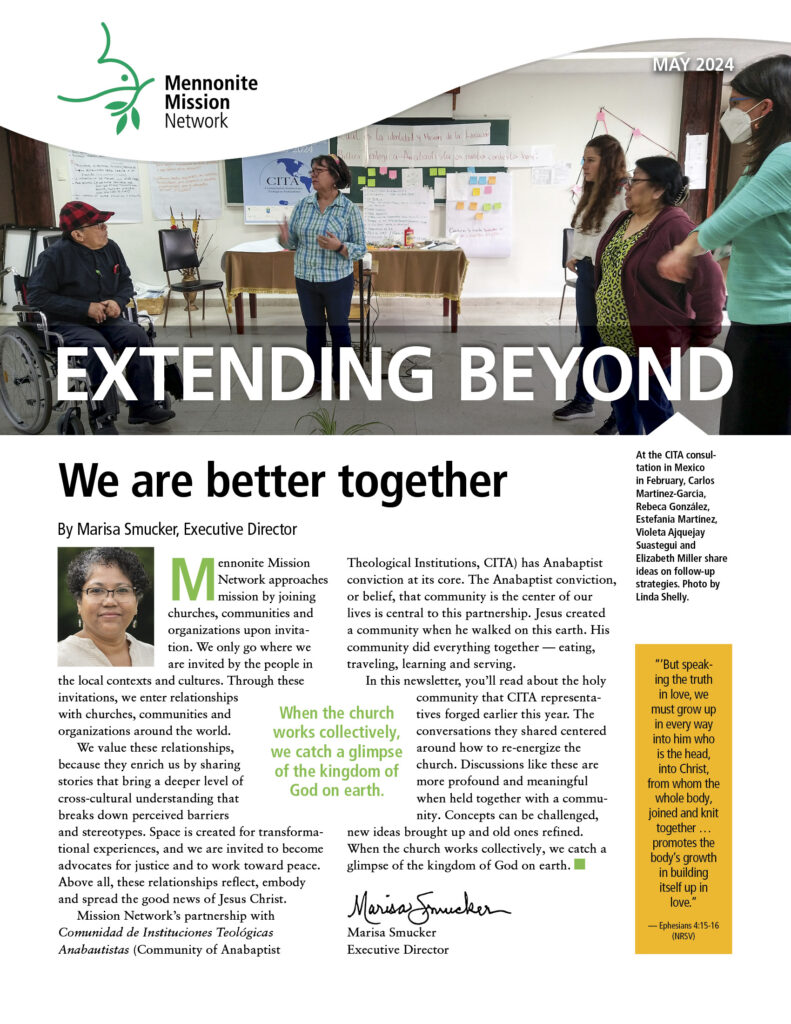
The Sent Network
En Español
The goal of Mennonite Church USA church planting initiatives is to create and nurture missional peace churches — communities of people gathered together by Jesus whose life and witness reflects the gospel of peace and who are engaged in their local settings. The Thrive: Church Planting Grant is one way MC USA supports church plants across the United States.
Church Planting Tools
How relevant is theological identity to the formation of new churches? Many non-Anabaptist groups are telling Anabaptists that our witness is quite relevant to the current trends of our culture. As Anabaptist-Mennonites we are committed to planting missional peace churches. Mennonite agencies provide a rich variety of resources. For example, check out the Missio Dei series produced by Mennonite Mission Network
APEST is a framework for ministry based on Ephesians 4:1-16. Several current practitioners and theorists of church planting argue that much of the church’s lack of engagement and imagination related to missional entrepreneurship is due to the lack of apostles, prophets, and evangelists. Alan Hirsch, one of the leading theorists on Apostolic Imagination and Practice, argues that these types of leaders aren’t being formed in the church.
Assessments come in different shapes and sizes. There are some that involve a week of training and psychological testing, one-on-one interviews, group interactions and follow up meetings. Others are short and simple. The purpose, in either case, is to assist the potential church planter in clarifying a sense of calling and competency for the task.
Am I a Potential Church Planter?— a resource for self-assessment
“Coaches help people develop their God-given potential so they can grow personally and make a valuable contribution to the Kingdom of God…coaching is the hands-on process of helping people succeed.” (Steve Ogne) Coaching is a relational and intentional process that empowers leaders to discover where God is working in their lives and ministries, through discerning opportunities and developing action steps to see God’s agenda become reality. For more on coaching, check out these links:
Some area conferences have created their own guidelines for initiating/launching new groups. Other conferences resist the idea of having guidelines because they think regulation might inhibit the “organic/Spirit led” nature of church planting. Mennonite Church USA doesn’t have a template or protocol that regulates church planting activities. Mauricio offers three examples here, the first from Virginia Mennonite Conference and the second and third from Mauricio.
We offer this simple tool that is useful in assessing if your church or group is ready for multiculturalism. If you are interested in researching more on this theme, Mauricio recommends the following website: http://djchuang.com/multi/
In 2009, Mauricio conducted a survey called “The Barnabas Report”, which offers information from area conferences involved in planting churches. The landscape of church planting changes constantly, so to access the latest data on new projects contact your area conference, or check out this list of New Church Plants in Mennonite Church USA in the past five years (partial listing).
Mauricio often gets phone calls from individuals and area conferences asking for advice on how to start a church plant. There are no cookie-cutter answers. But, any church plant, no mater how simple or sophisticated the vision, will benefit from a formal written proposal. In the proposal the leader/group spells out clear goals and action plans. The proposal helps the potential planter communicate vision and get the attention of potential “sponsors”.
Mauricio has also created forms to help you create your proposal. The first is a series of questions in English and Spanish to help you shape your proposal. The second is a form that helps you spell out your “new church plan.” For funding opportunities, contact Mauricio Chenlo.
In 2008 a group of area conferences from the Atlantic coast had their first retreat for church planters. As part of their efforts to grow in missional cooperation, eight conferences engaged with church planters and coaches in launching a coordinated effort to promote church planting in their region.
Missional leaders in southern Argentina form scouting teams to explore possible new sites for spontaneous/self-started, organic, non-institutional groups. They organize regional teams and send them to different regions–sometimes quite isolated places in Patagonia. We are starting to explore this concept among some leaders in Mennonite Church USA. Read the Patagonia Story and be in touch with Mauricio for up-to-date developments.
Conference ministers, church planters and coaches helped develop these brief Shared Theological and Missiological Commitments for Church Planting in Mennonite Church USA which make the claim that God’s primary strategy for impacting our world is by birthing and nurturing Jesus-centered kingdom communities. Available in English and Spanish.
The Latest
Related Publications
Listen to this episode to hear a discussion about mission and church planting. You will also learn about Glen Guyton’s hopes and dreams for Mennonite Church USA and hear about MC USA’s Journey Forward process.
This episode of the Ohio Conference Cast features a conversation with Jason Rissler, a church planter from the Ohio Conference based in Strasburg, Ohio. Hosts Bill Seymour and Thomas Dunn discuss church planting with Jason, and they consider Jason’s question, “Can we give ourselves permission to see the church differently?” What if new churches don’t look like traditional congregations?





